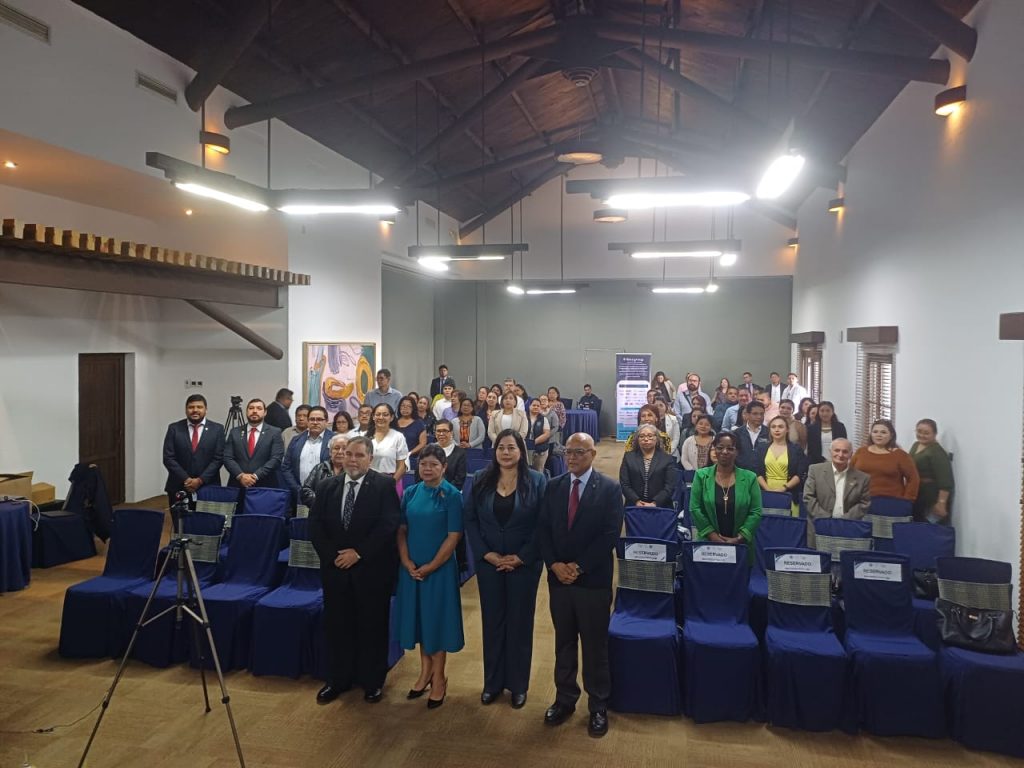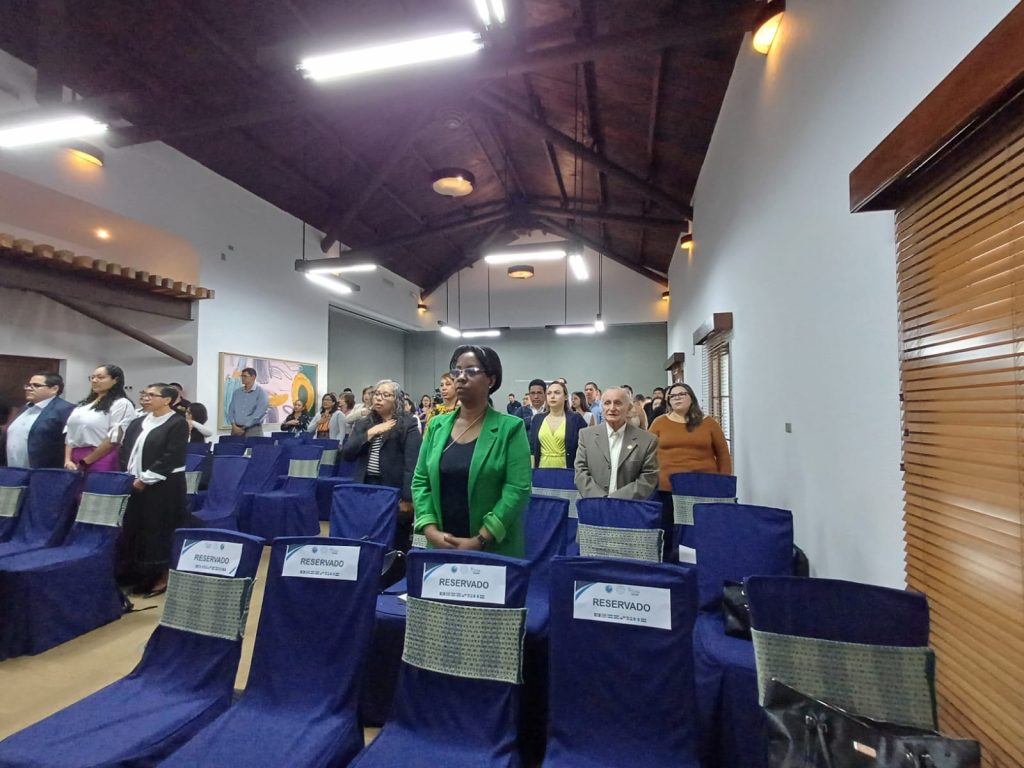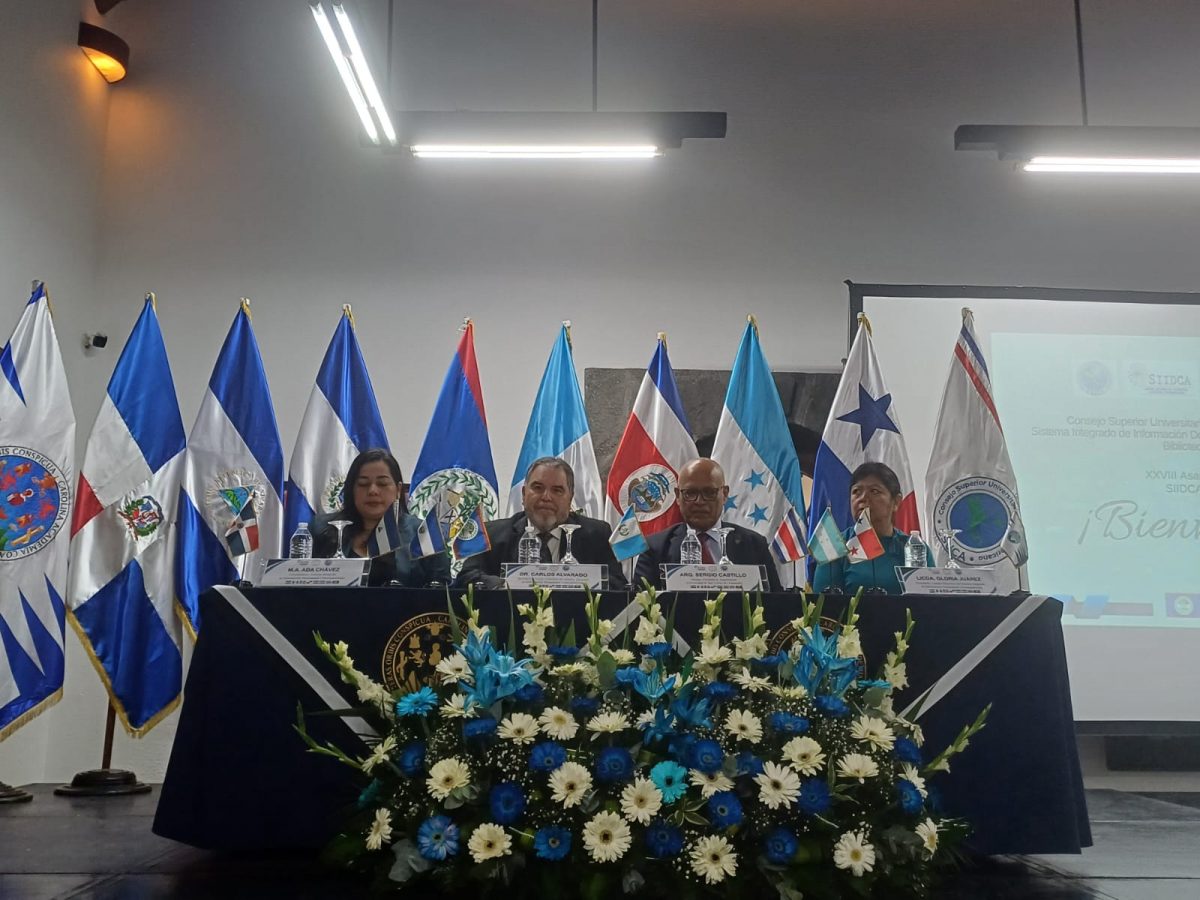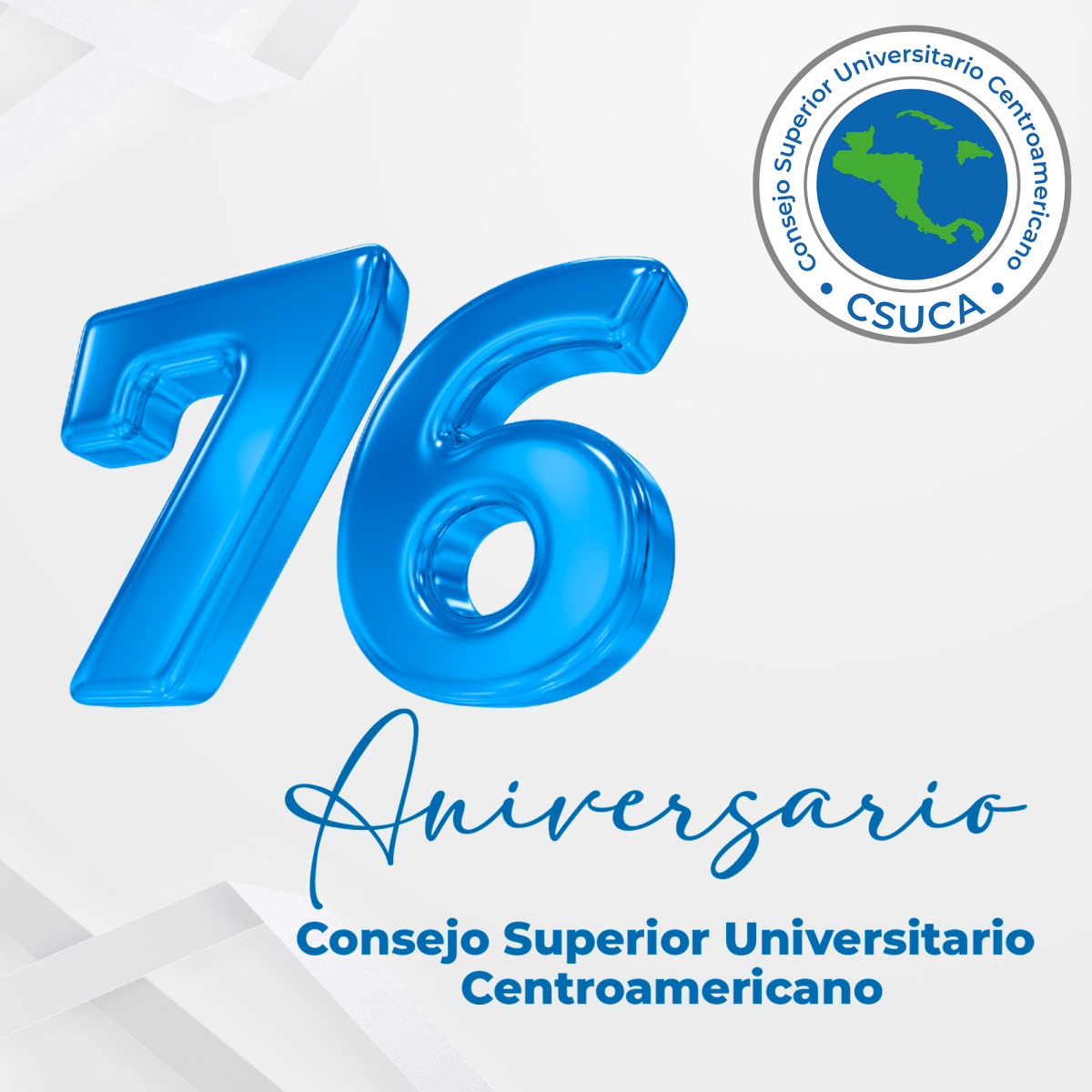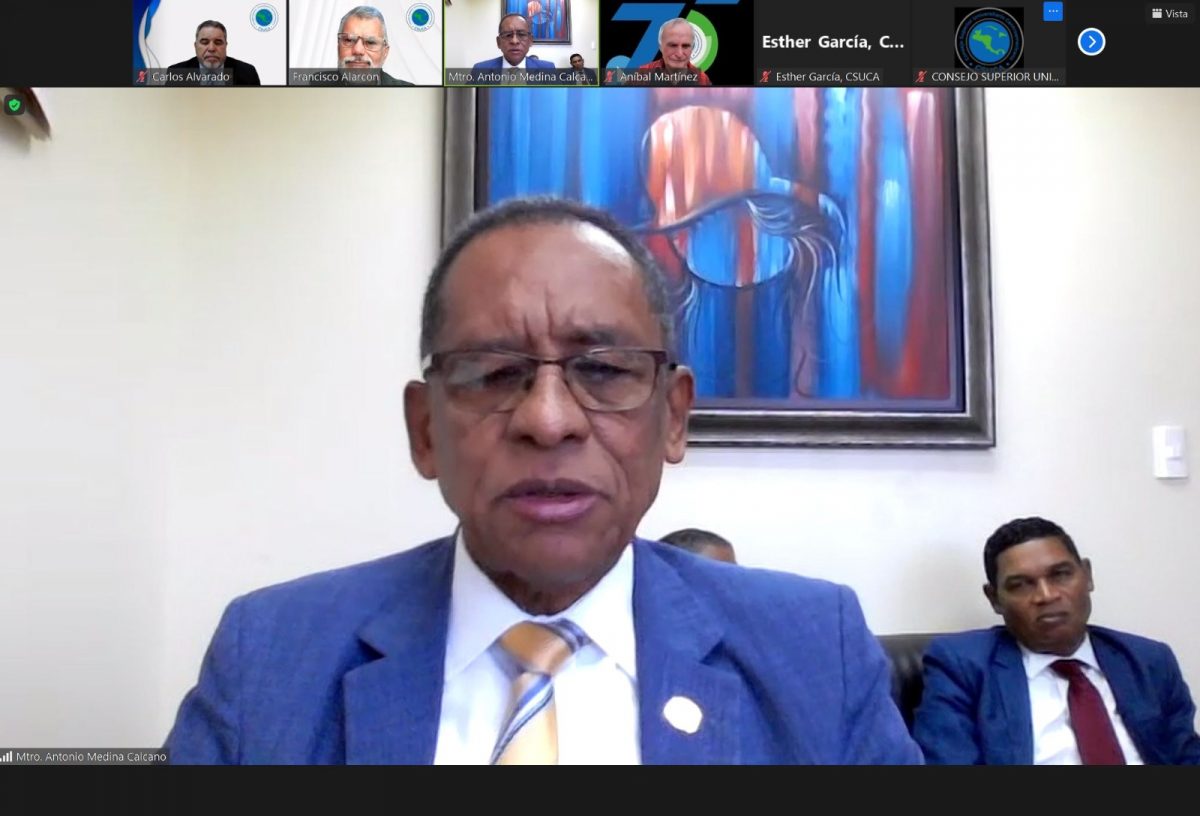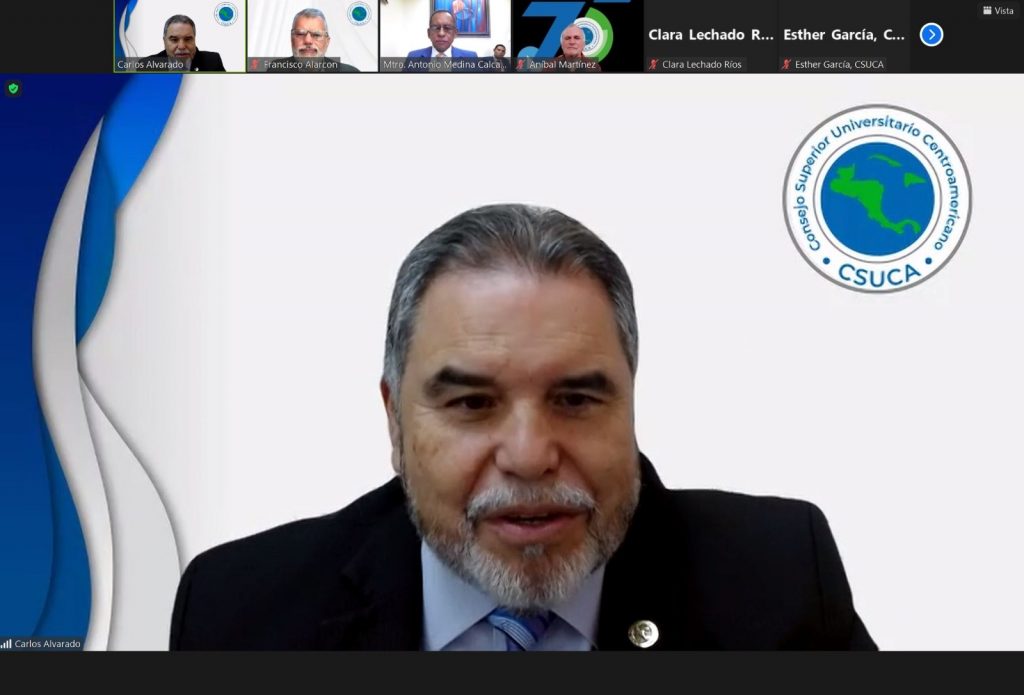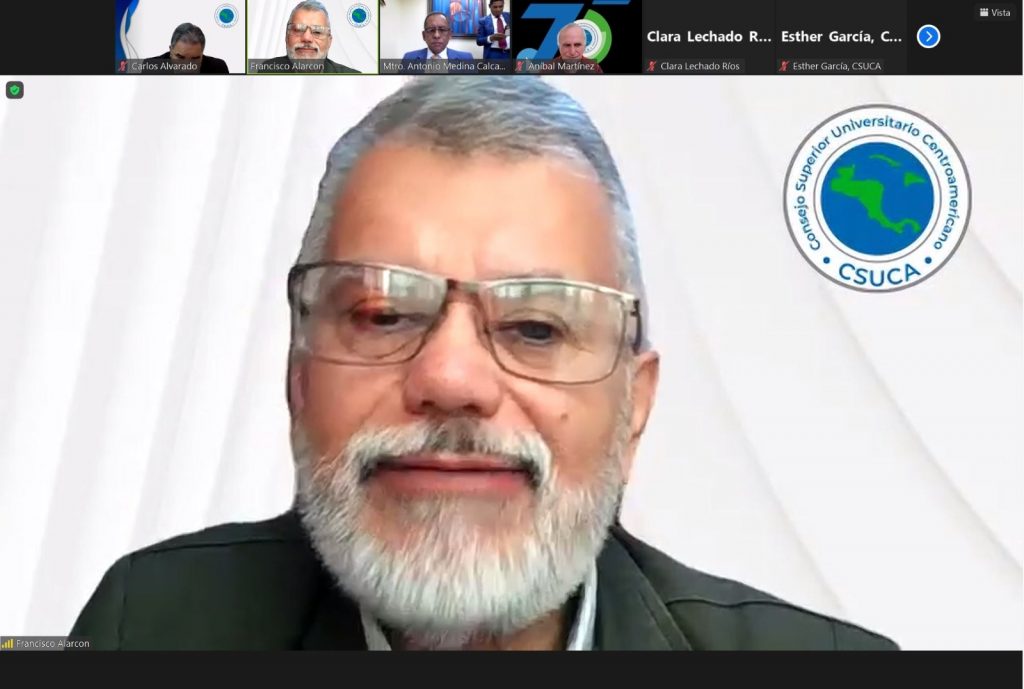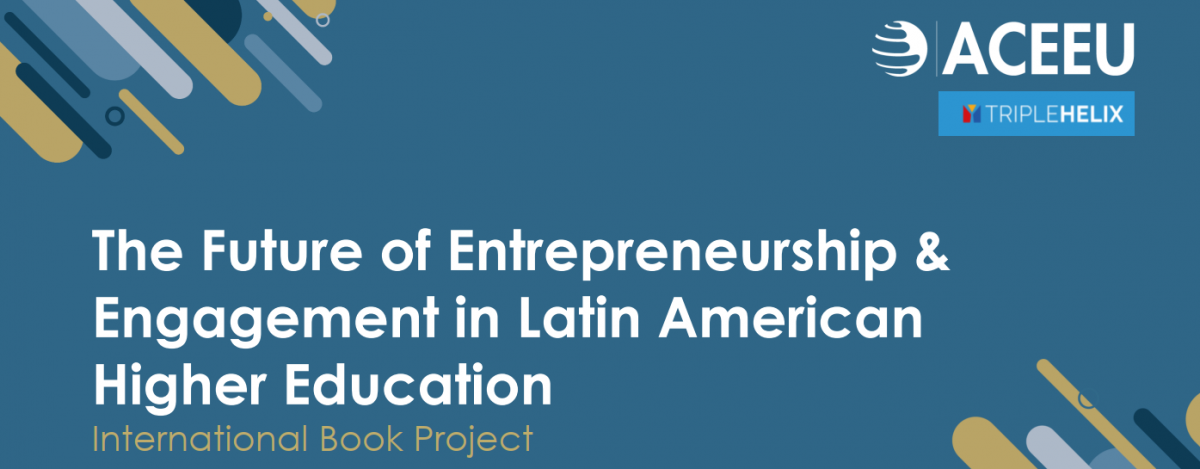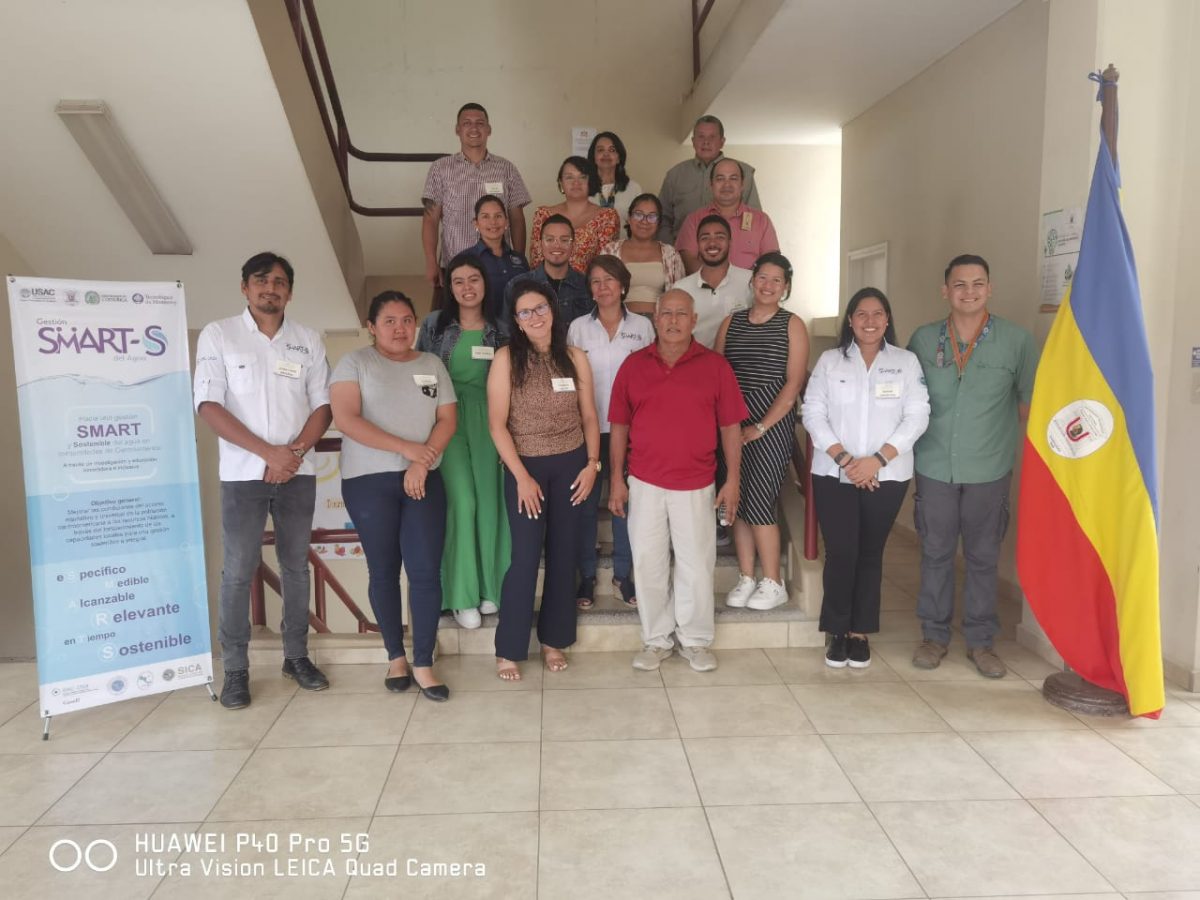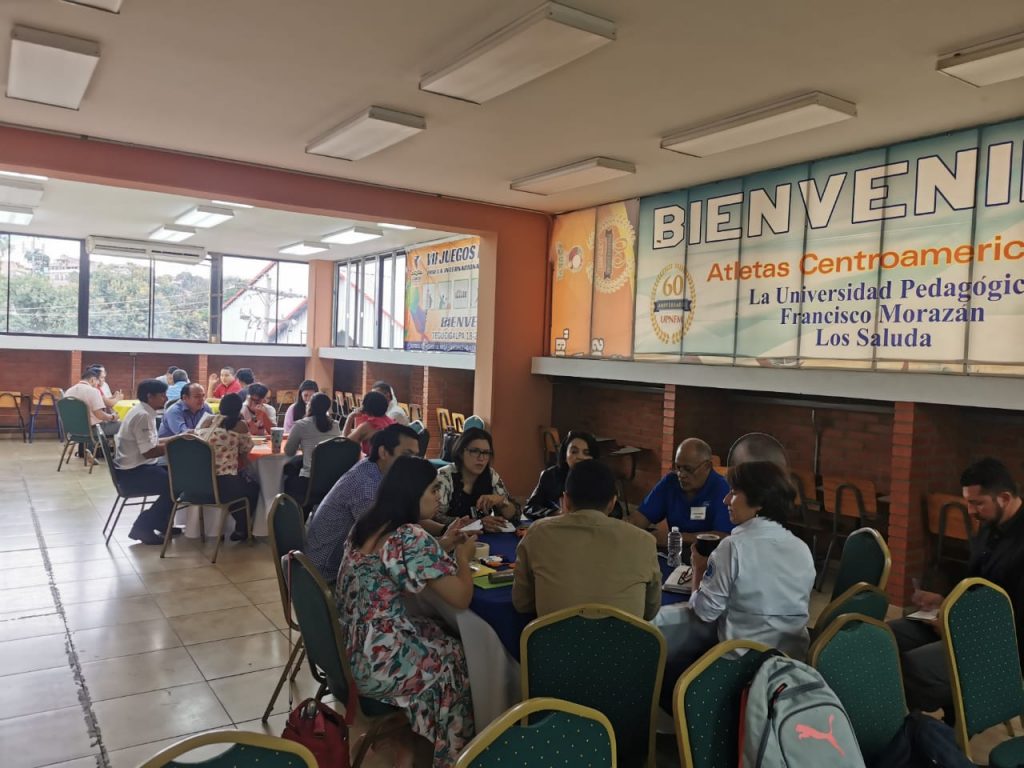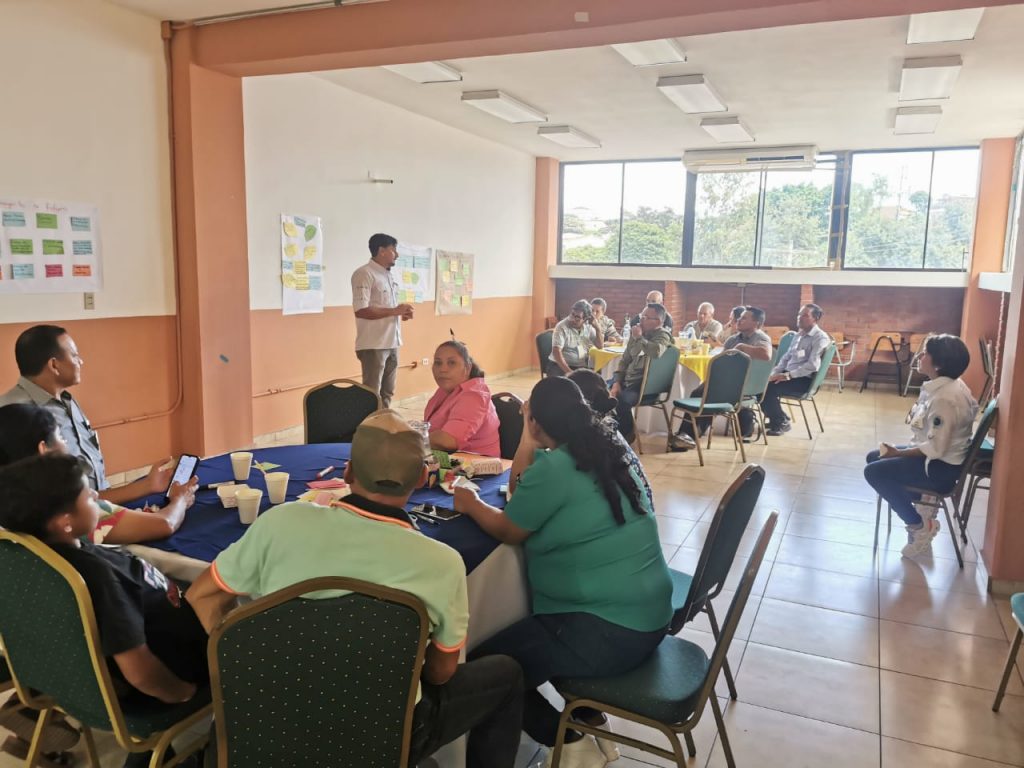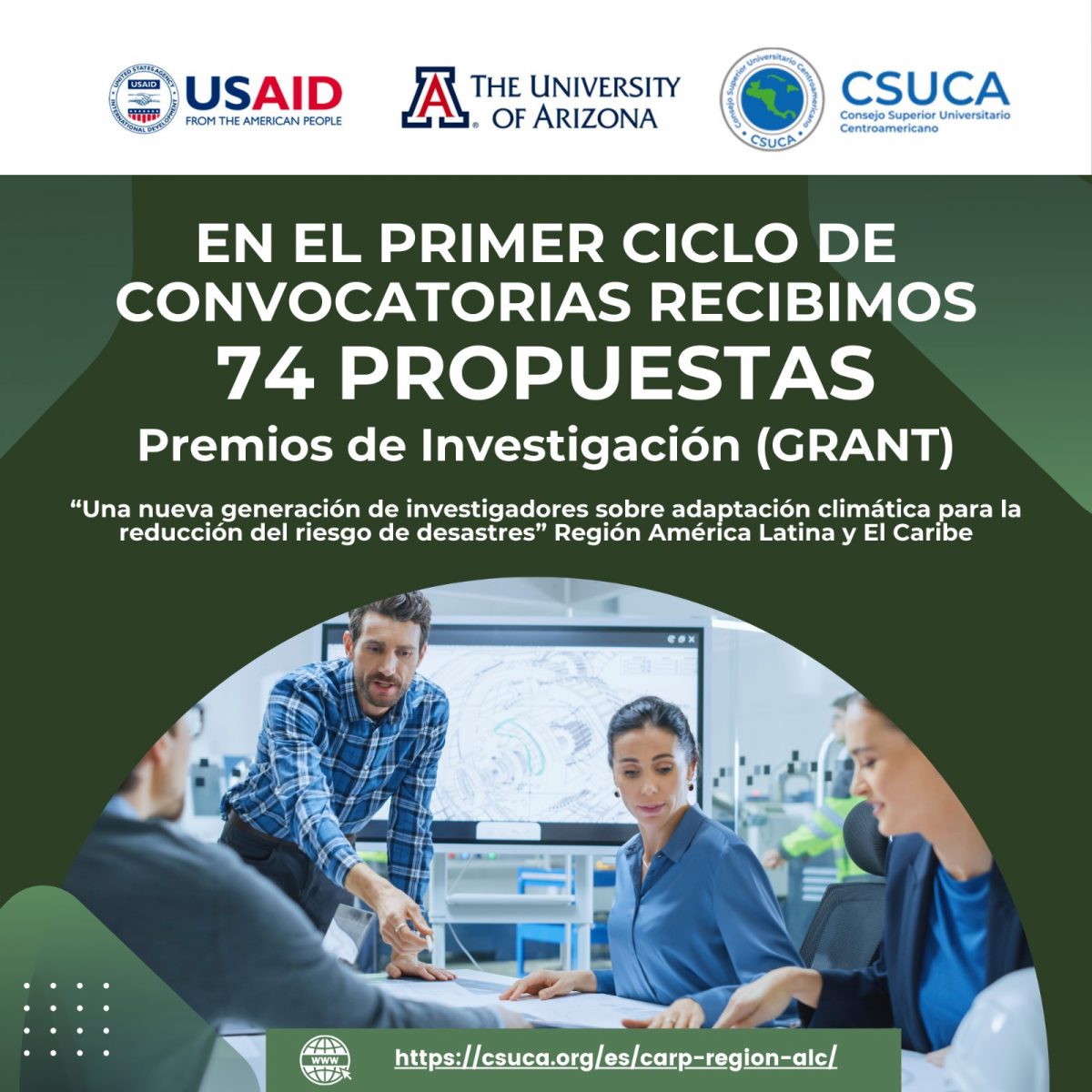Los días 26 y 27 de octubre en Ciudad de Antigua Guatemala, se llevó a cabo la vigésimo octava Asamblea Anual de Directores del Sistema Integrado de Información Documental Centroamericano -SIIDCA-, organizada por la Universidad de San Carlos de Guatemala.
SIIDCA es un sistema que tiene una naturaleza académica y técnica, se encuentra conformado por los Sistemas Bibliotecarios de las Universidades que conforman el CSUCA, en apoyo al desarrollo académico y tecnológico de las universidades.
Para dar inicio a la reunión Elizabeth Juárez, Secretaria del Consejo Directivo de SIIDCA señaló “Este sistema busca crear alianzas para fortalecernos de manera unida para lograr que las bibliotecas se sitúen como una parte fundamental para los procesos de enseñanza y aprendizaje de nuestras universidades”.
Mientras que Ada Chávez, Coordinadora de SIIDCA menciono “Las bibliotecas universitarias se han convertido en faros de esperanza para el desarrollo social y de nuestras universidades” siendo la transformación digital uno de los desafíos más complejos que viven las bibliotecas universitarias, tomando en cuenta el principio de brindar un acceso abierto a la población universitaria.
Por su parte, Carlos Alvarado, Secretario General de CSUCA indico “Desde nuestro quehacer como Confederación Universitaria Centroamericana, nuestra misión se enmarca en el desarrollo de las universidades a través de la cooperación, por lo que el papel que desempeñan los 8 sistemas es de suma importancia, el SIIDCA tiene una naturaleza académica y técnica, en apoyo al fortalecimiento académico, que responda a las necesidades de nuestras sociedades, mediante un trabajo colaborativo”.
Asimismo, Sergio Francisco Castillo Bonini, en representación de las autoridades de la Universidad de San Carlos de Guatemala hizo alusión “Celebramos la presencia de los profesionales que representan a 22 bibliotecas universitarias, su presencia fortalece el desarrollo académico y científico de nuestros países, y el trabajo que realizan tiene como propósito difundir el conocimiento científico que se genera desde nuestras casas de estudio”.
Dicha asamblea tenía como propósito profundizar sobre los avances del Quinto Plan para la Integración de la Educación Superior de Centroamérica y República Dominicana-PIRESC V-, así como, los avances y desafíos de los sistemas bibliotecarios por país y profundizar en temas como Ciencia Abierta y desafíos de la preservación digital.
Es preciso destacar que SIIDCA es un sistema dinámico, fuerte, con lazos y convenios sólidos y amplios, con una estructura orgánica consolidada, operativa y eficaz; con capacidad para gestionar recursos e instalar y consolidar los procesos de interconexión de los Sistemas Bibliotecarios, con una infraestructura tecnológicamente actualizada. Así como el enriquecimiento de las colecciones, el fortalecimiento de los servicios para ofertar la información, que responda a las necesidades de la comunidad universitaria, dándole especial atención al control, digitalización, resguardo y divulgación de la memoria institucional universitaria centroamericana.
